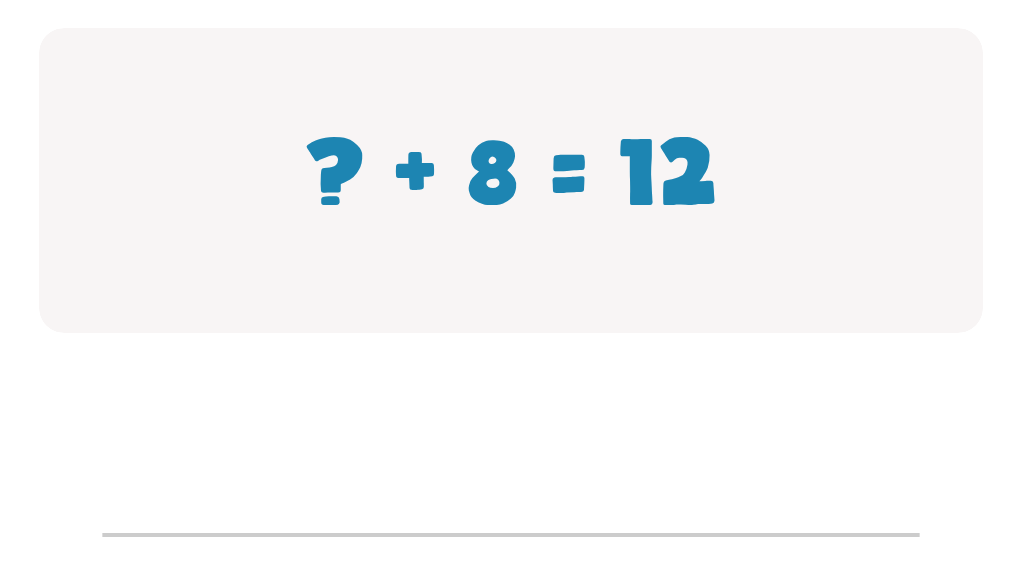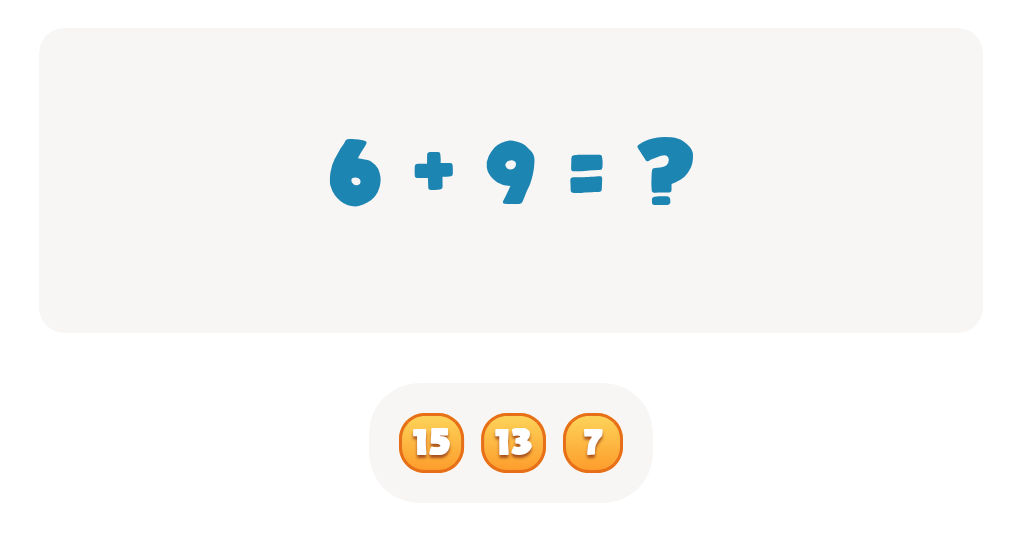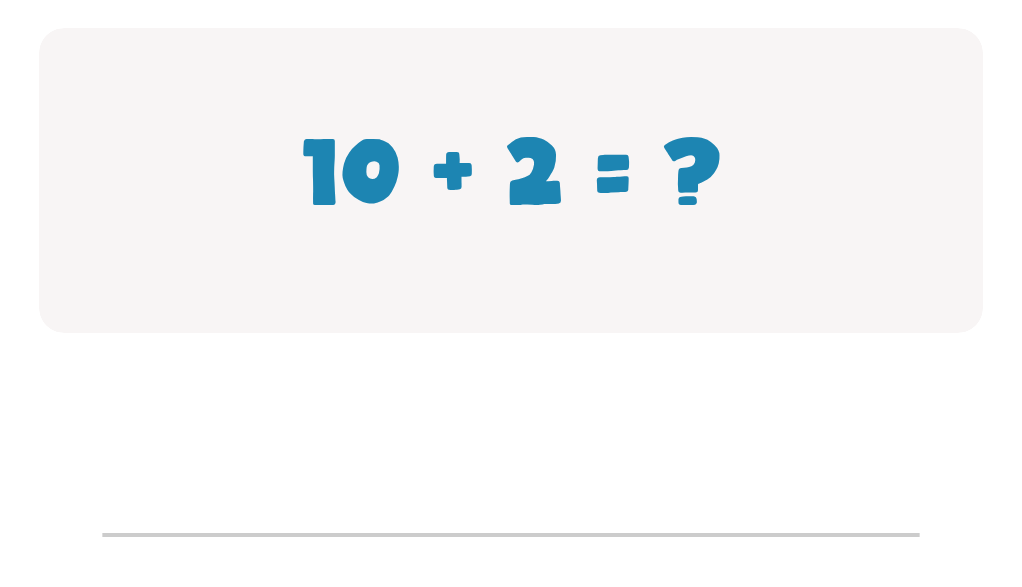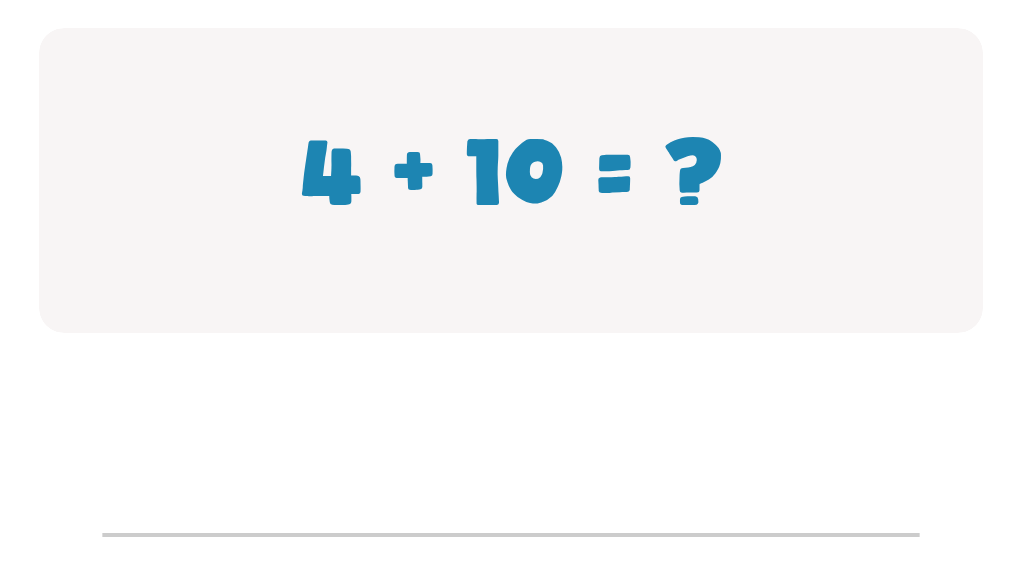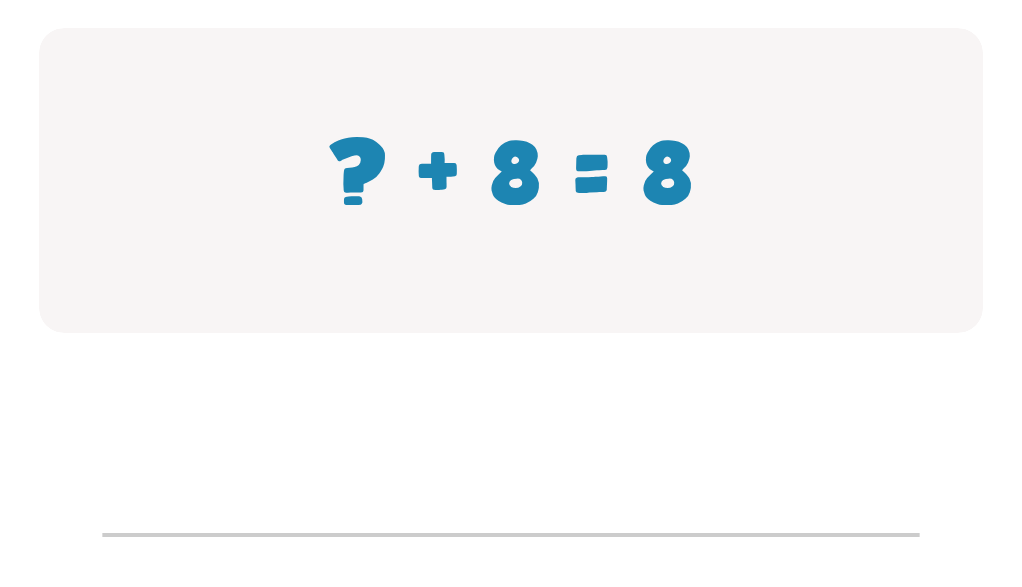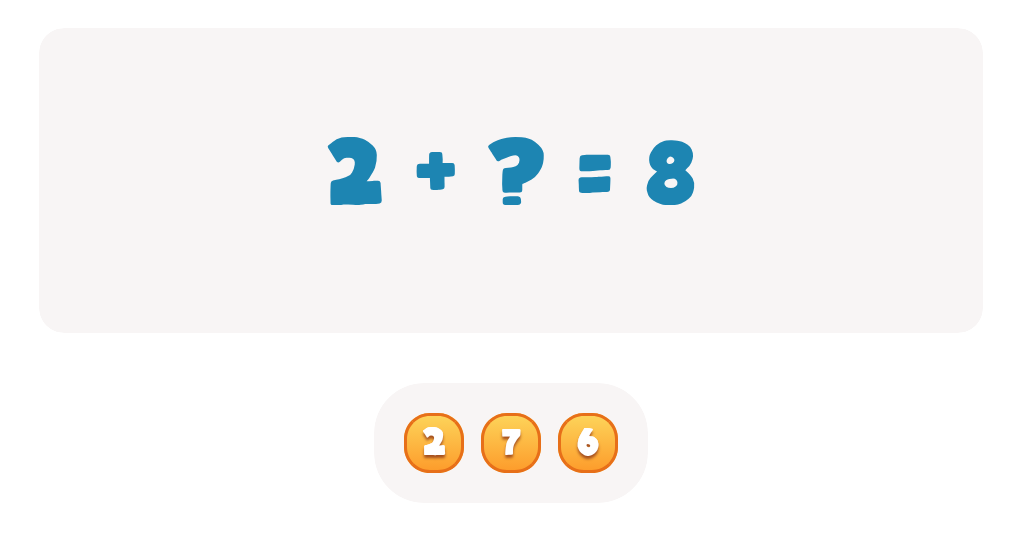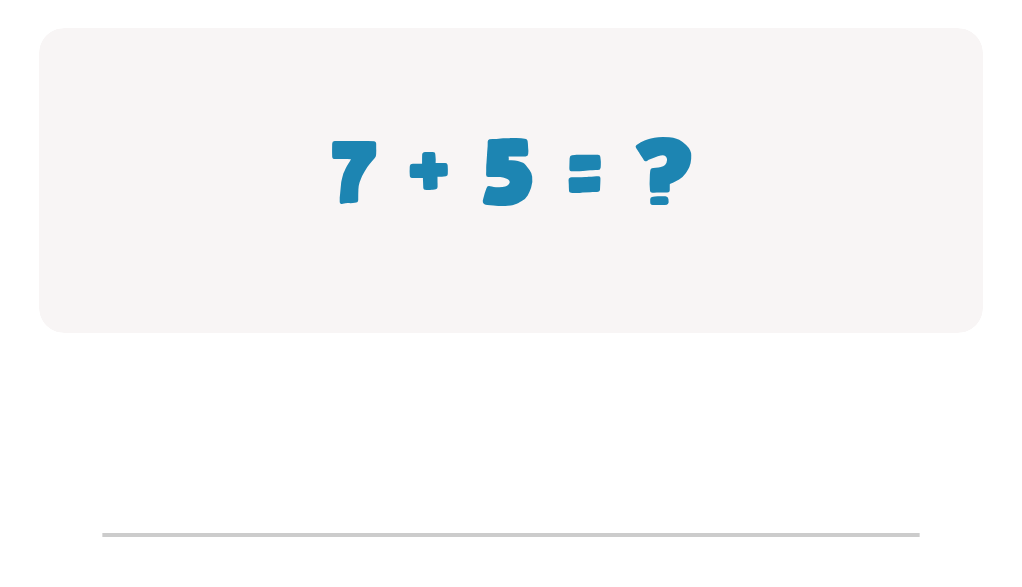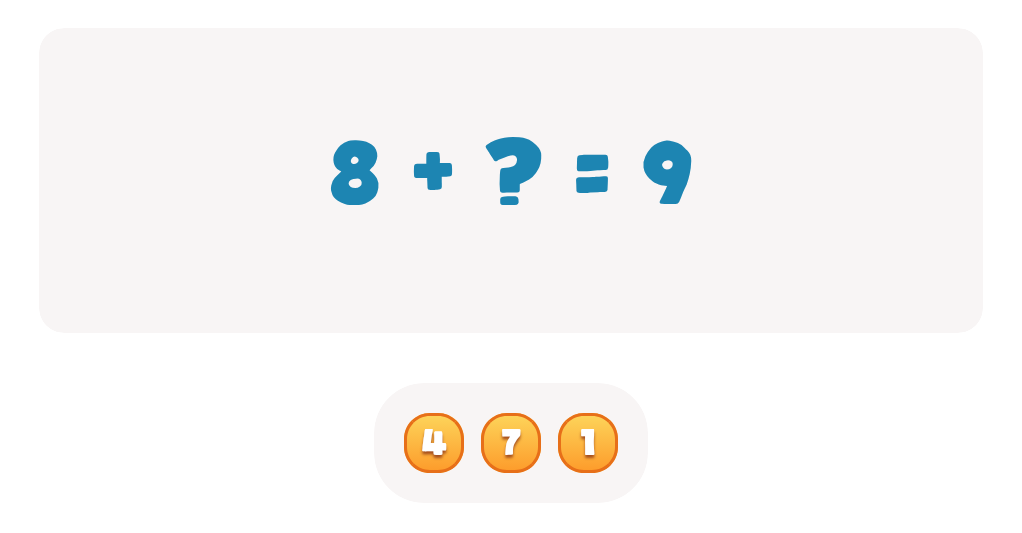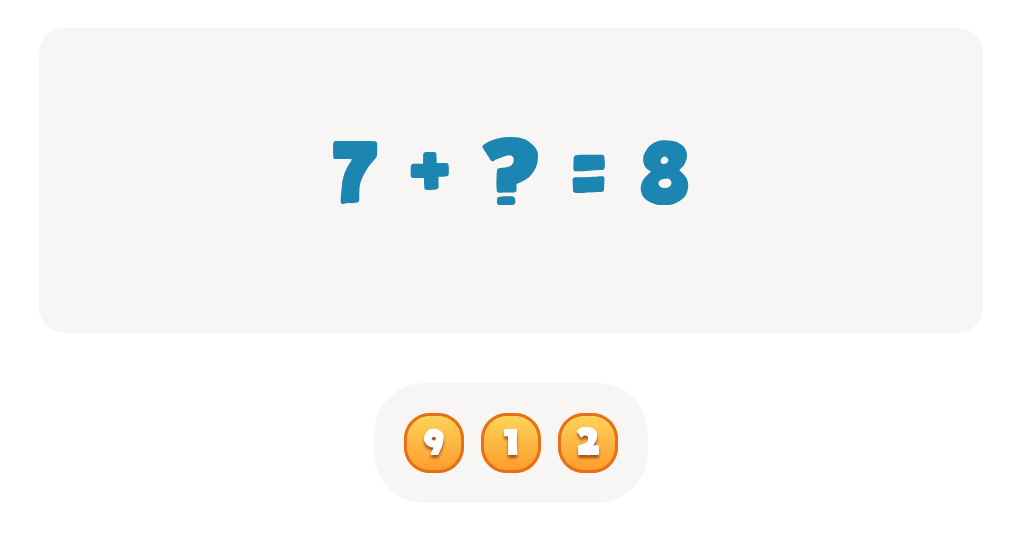Addition Facts Worksheets for Ages 3-4
26 filtered results
-
From - To
Introduce your little learners to the world of addition with our specially designed "Addition Facts Worksheets for Ages 3-4" from Kids Academy! Tailored to suit preschoolers' developmental needs, these fun and engaging worksheets build foundational math skills through colorful illustrations and simple exercises. Perfect for both classroom settings and at-home learning, they help children grasp basic addition concepts while boosting their confidence. Each activity encourages hands-on practice, making learning an enjoyable experience. Give your child a head start on their math journey with our expertly crafted worksheets, laying the groundwork for future academic success. Explore and download today!
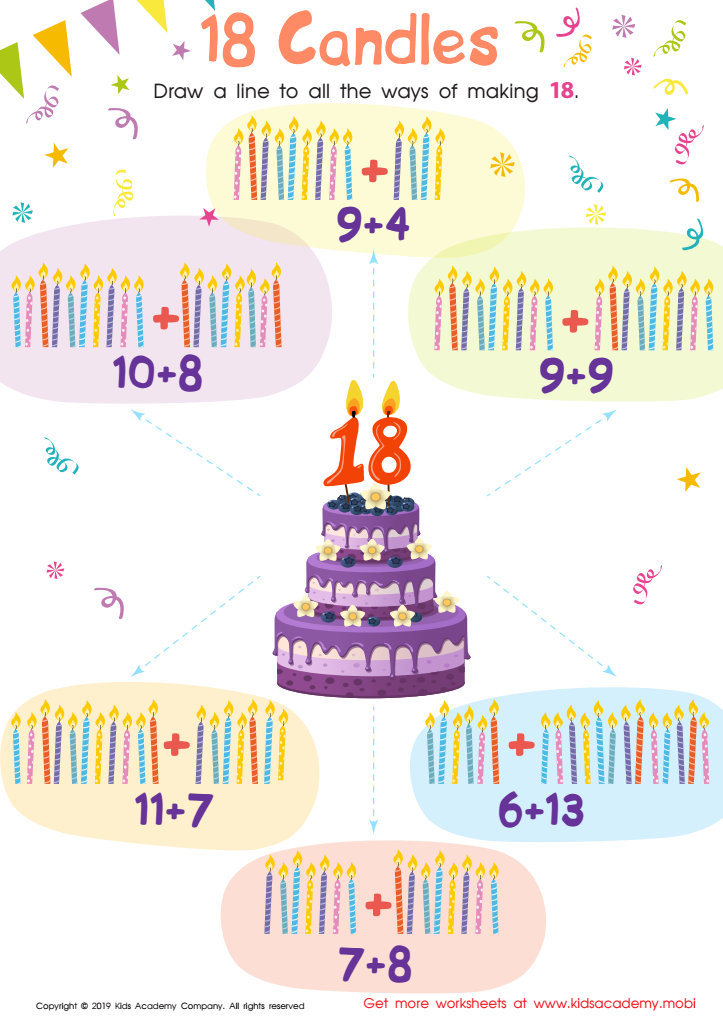

18 Candles Worksheet
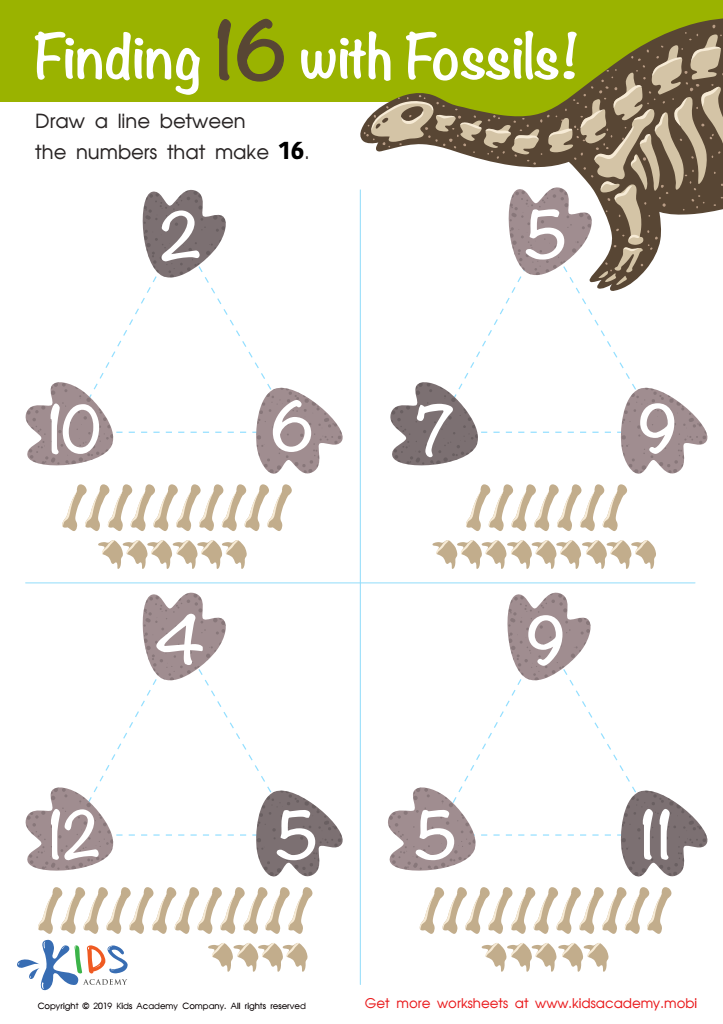

Finding 16 With Fossils Worksheet
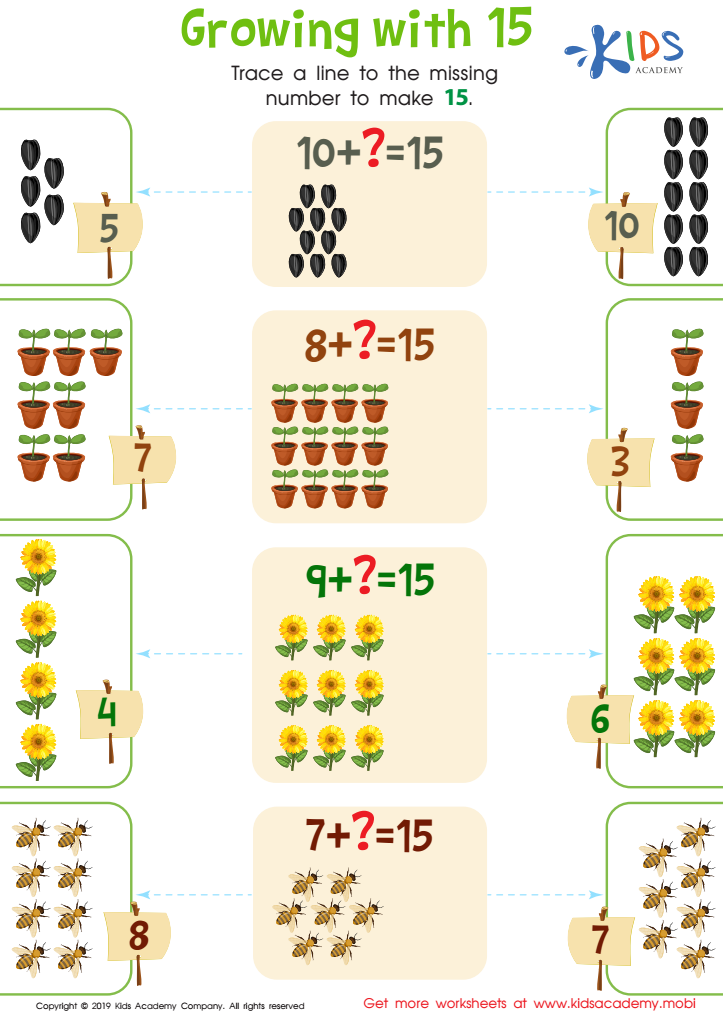

Growing with 15 Worksheet
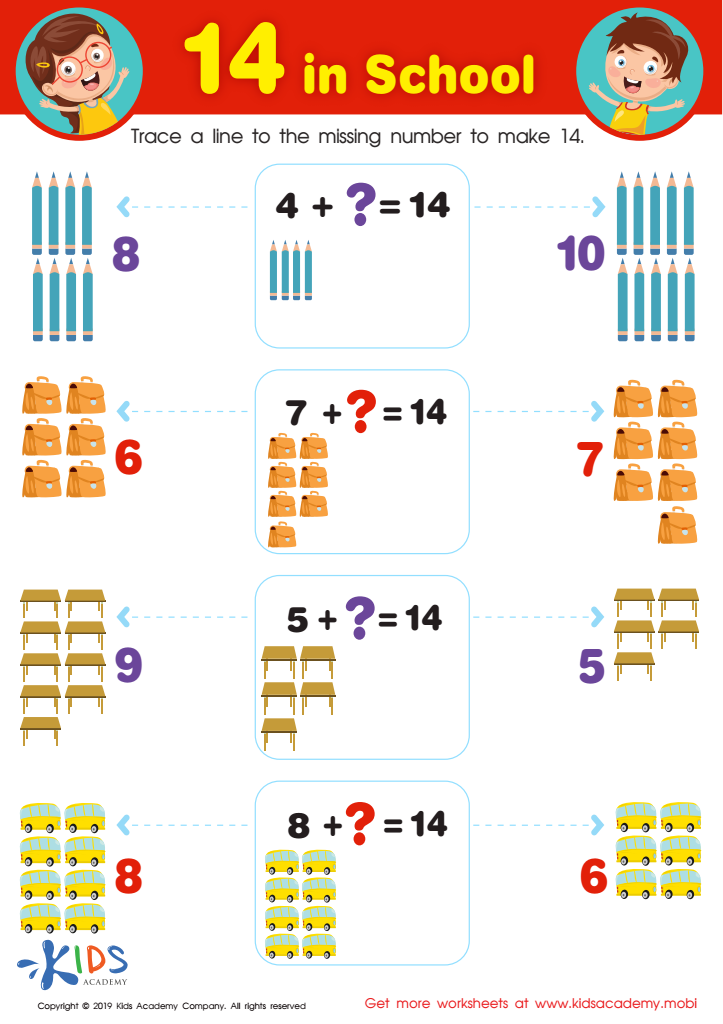

14 in School Worksheet
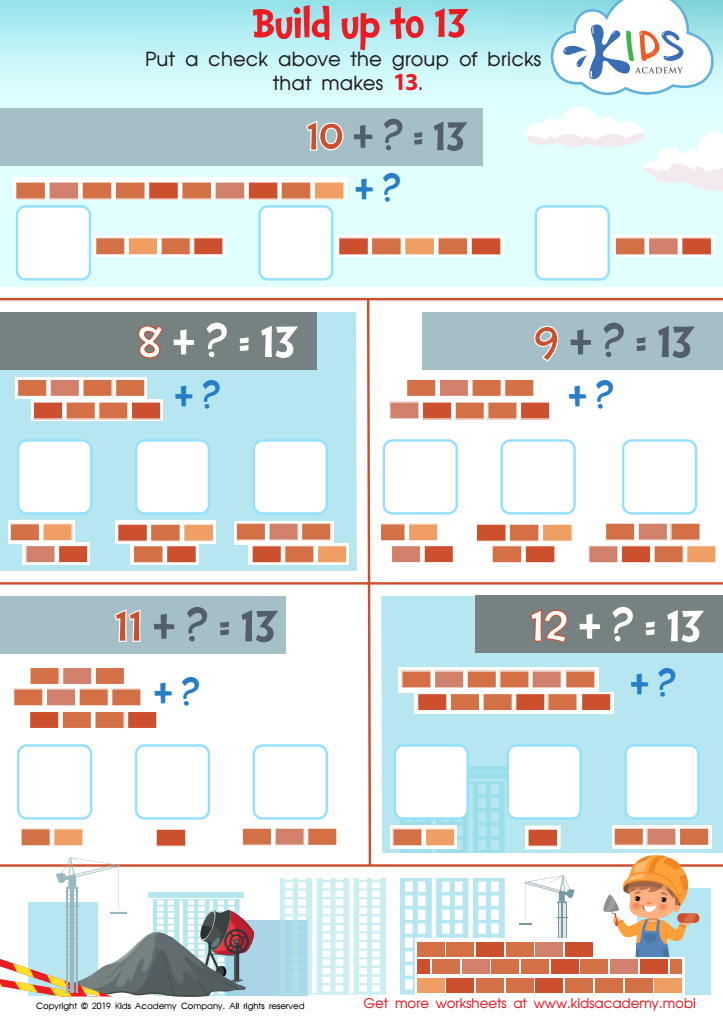

Build up to 13 Worksheet


7 Continents and 7 Seas Worksheet
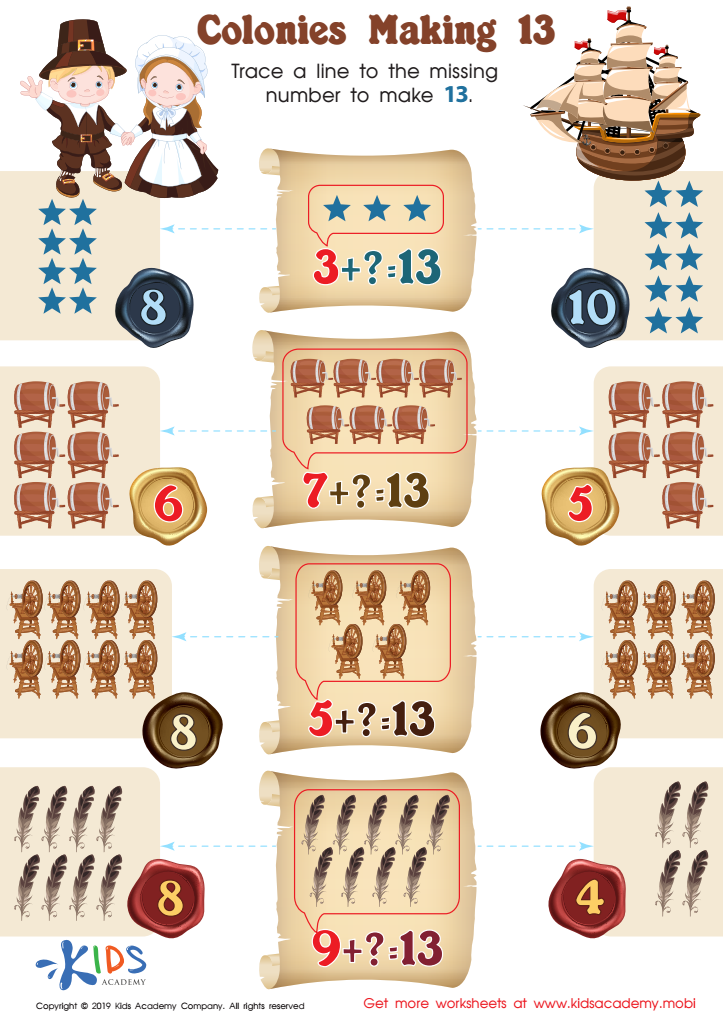

Colonies Making 13 Worksheet
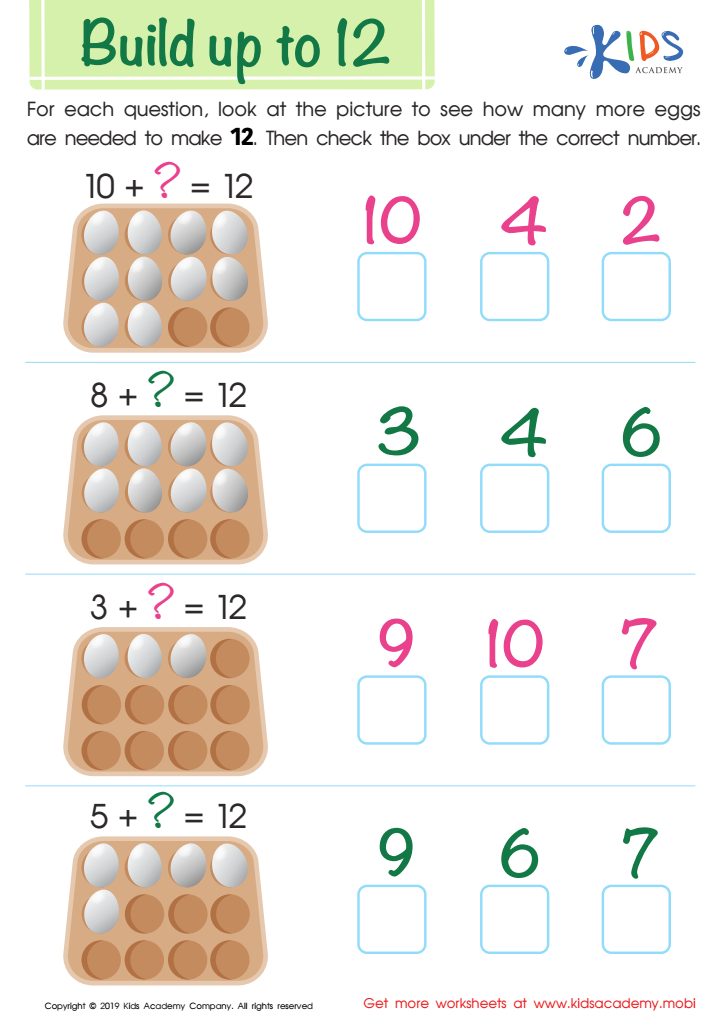

Build up to 12 Worksheet
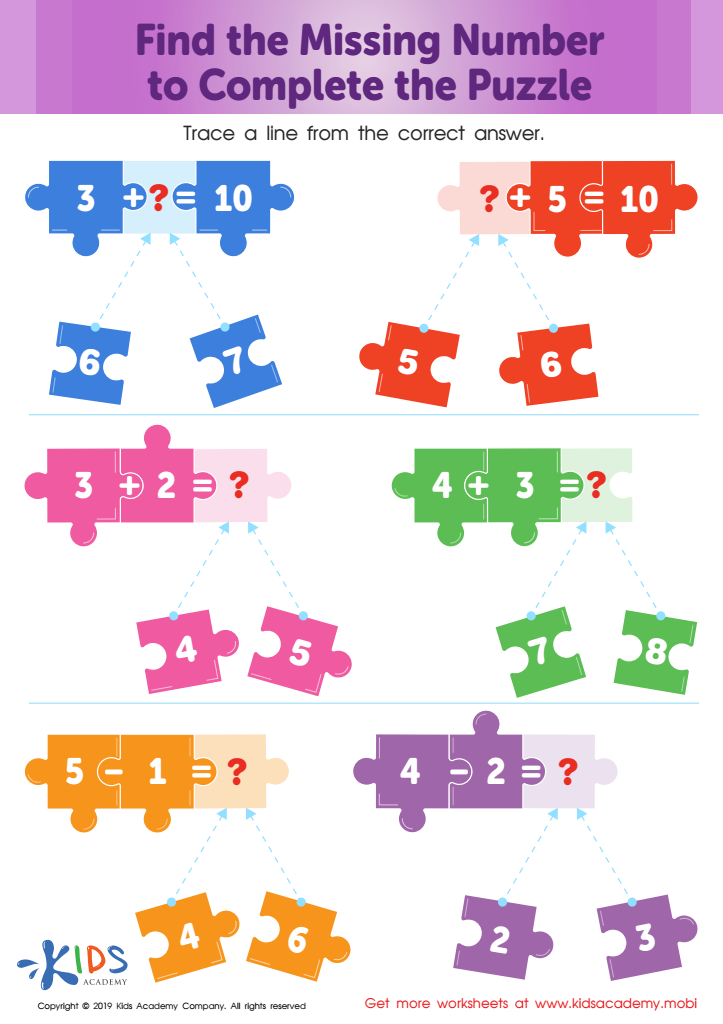

Find the Missing Number to Complete the Puzzle Worksheet
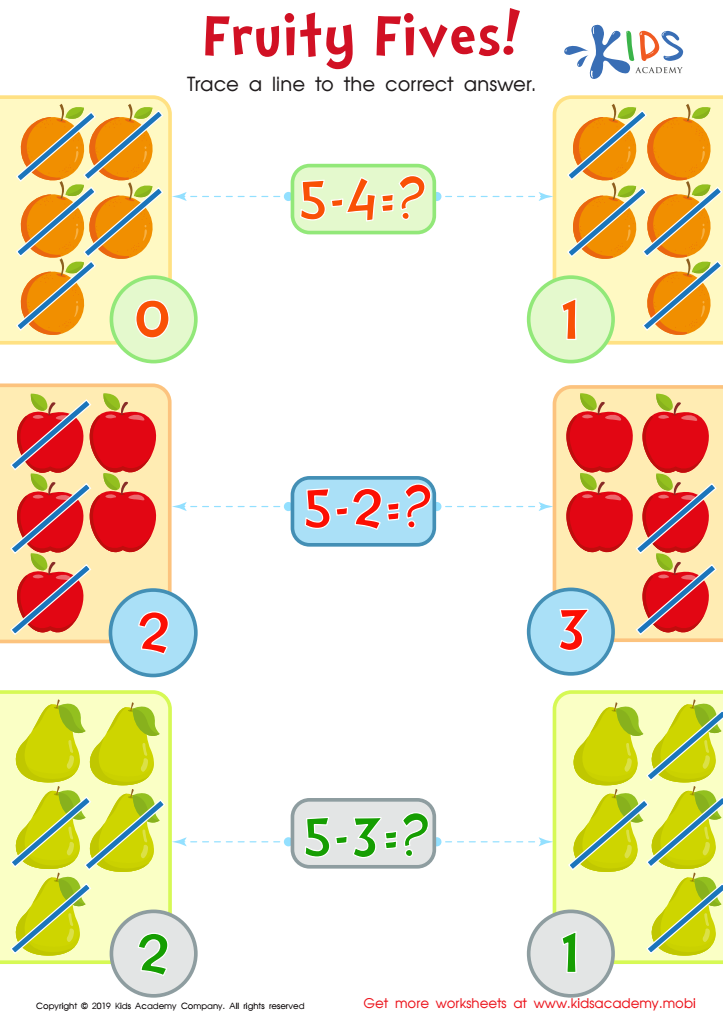

Fruity Fives! Worksheet
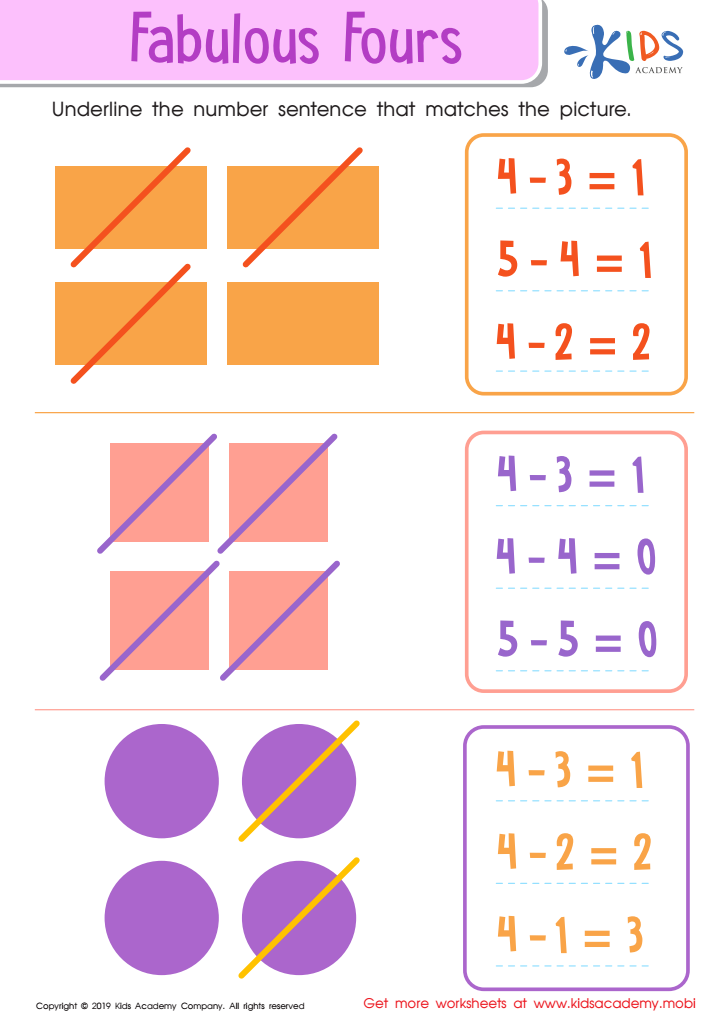

Fabulous Fours Worksheet
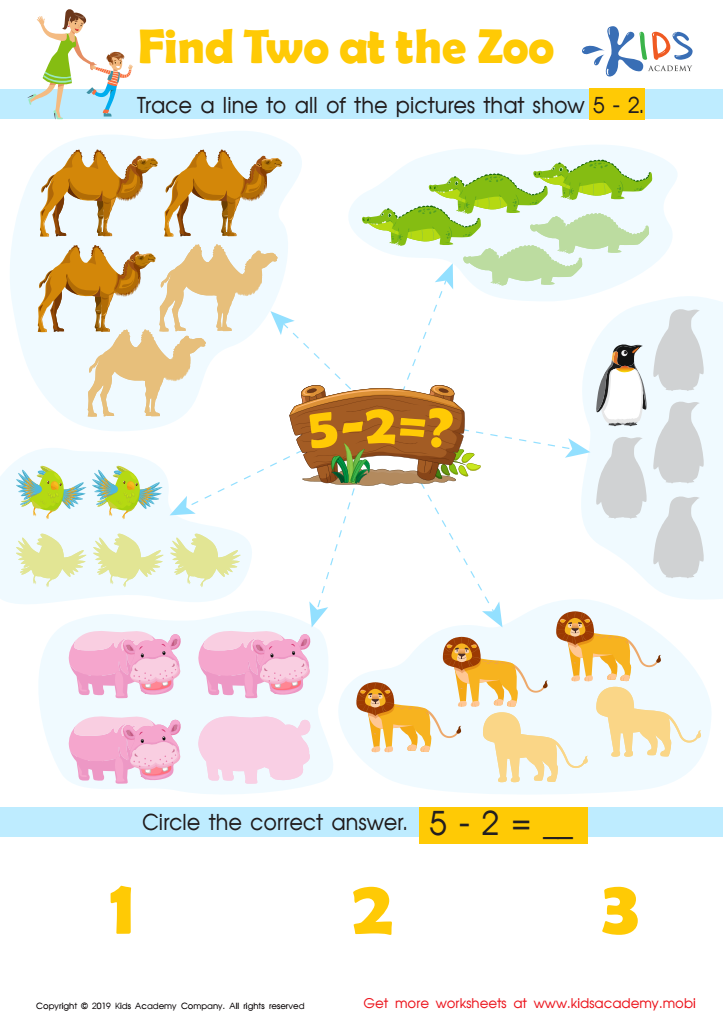

Find Two at the Zoo Worksheet
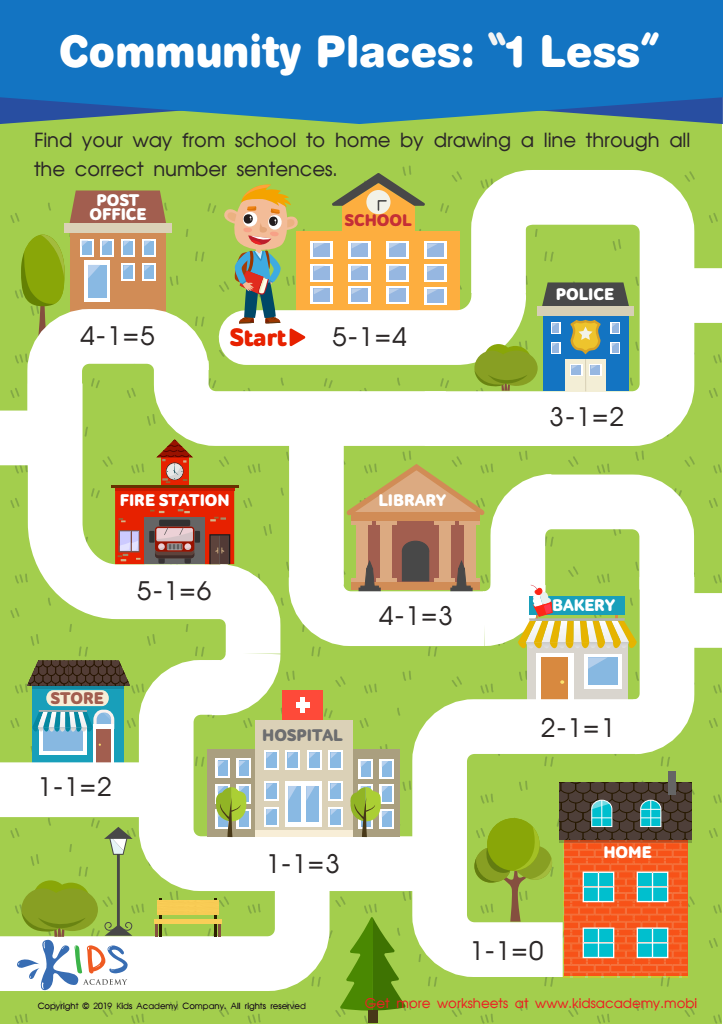

Community Places: 1 Less Worksheet
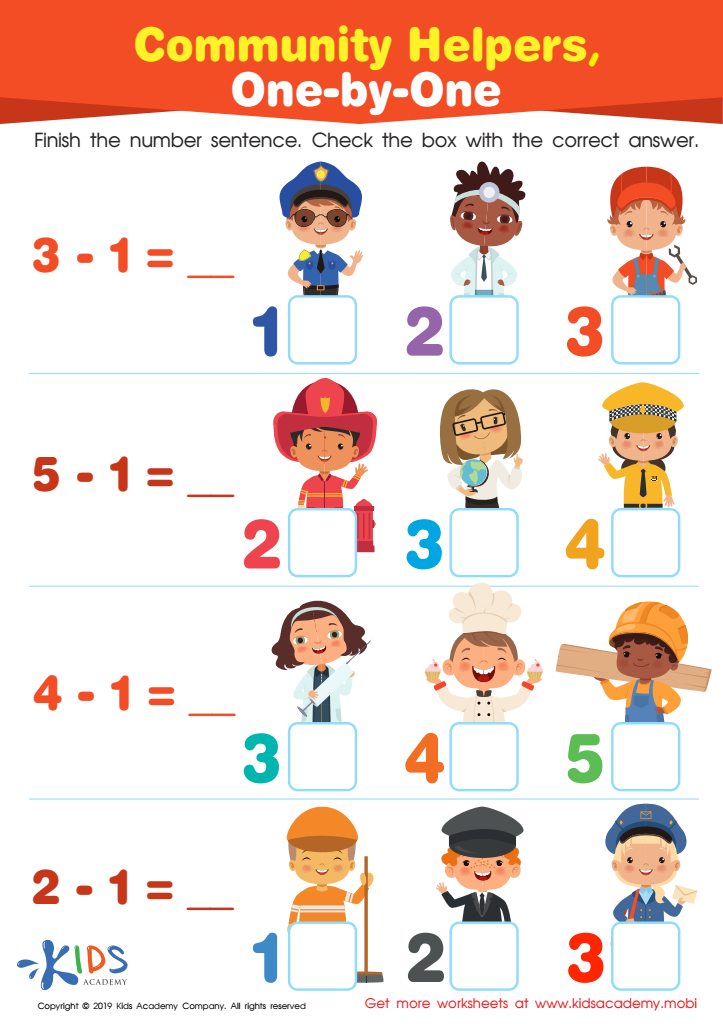

Community Helpers, One-by-One Worksheet
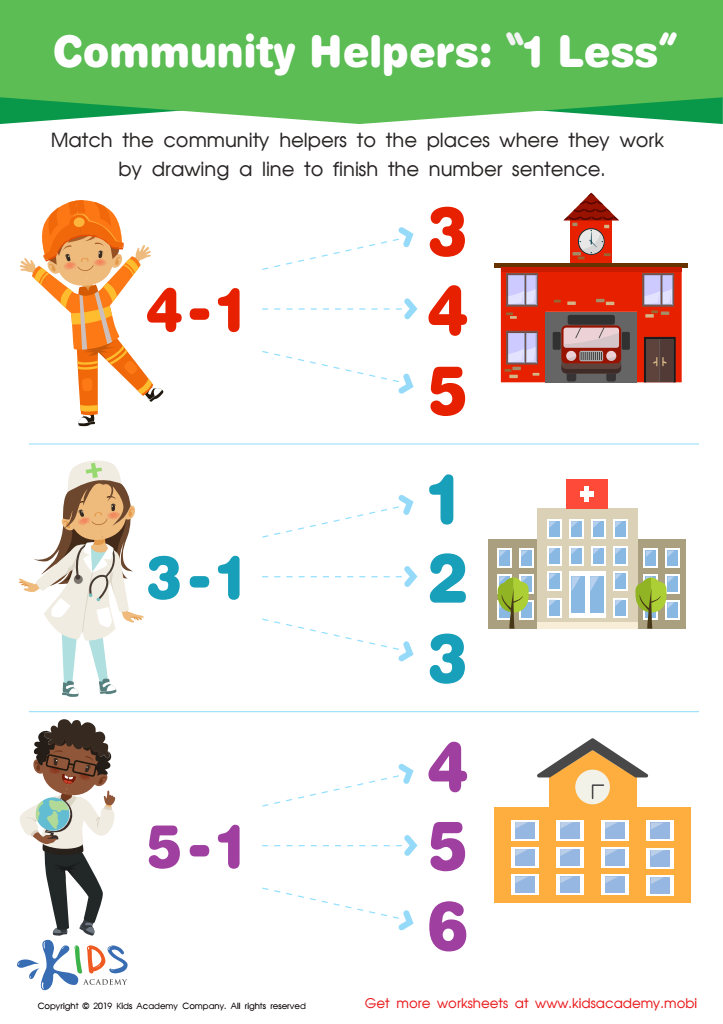

Community Helpers: 1 less Worksheet
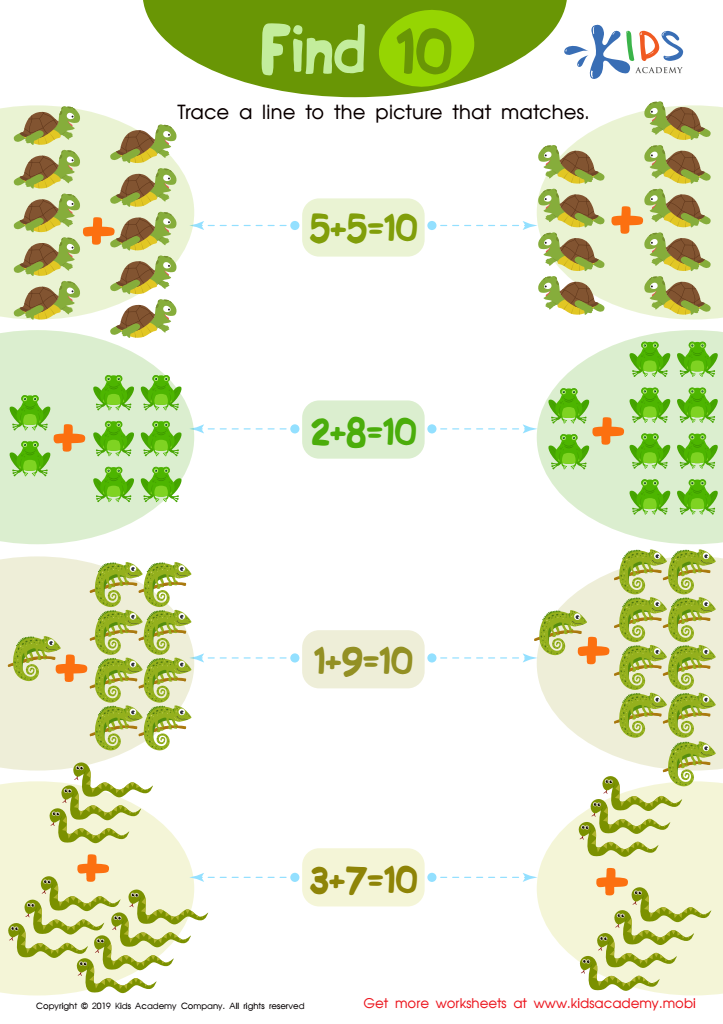

Find 10 Worksheet
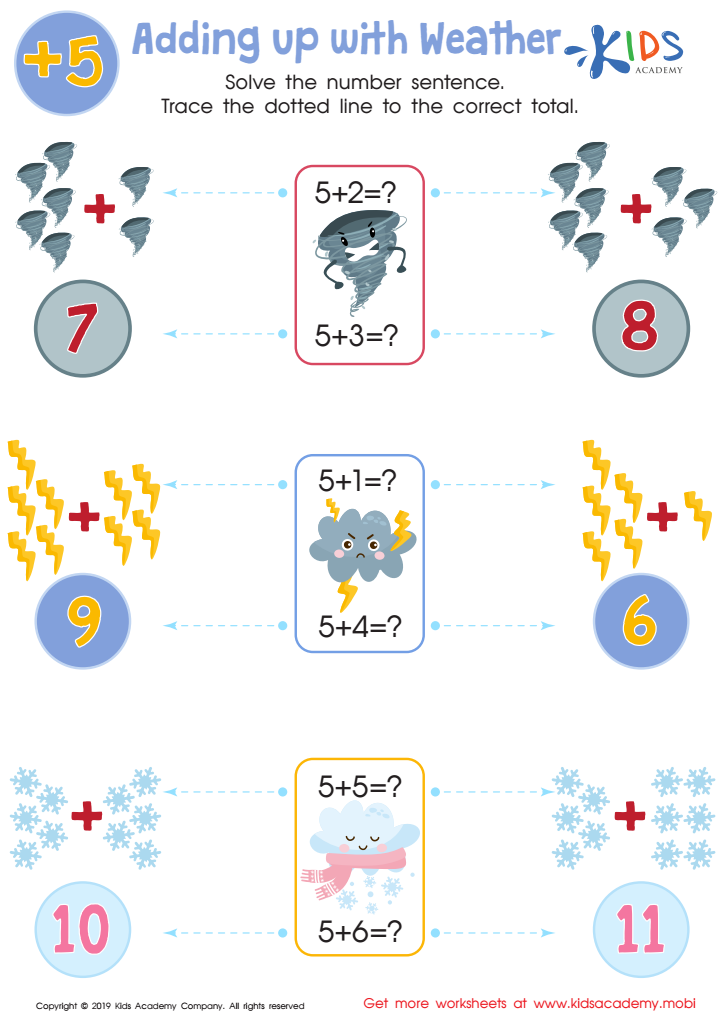

Adding up With Water Worksheet
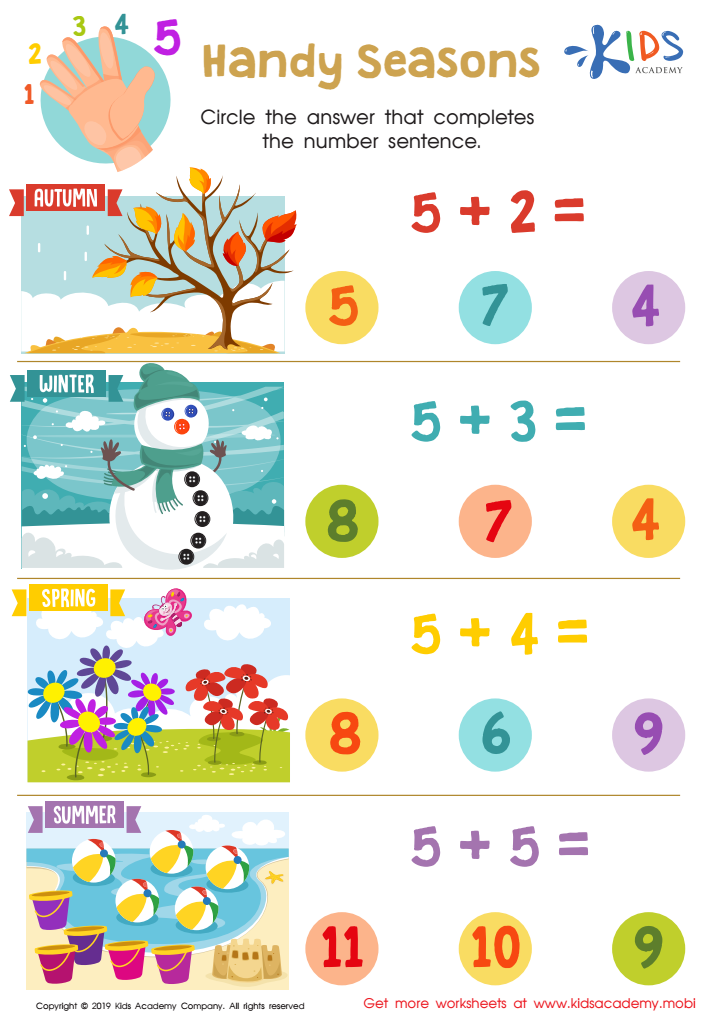

Handy Seasons Worksheet
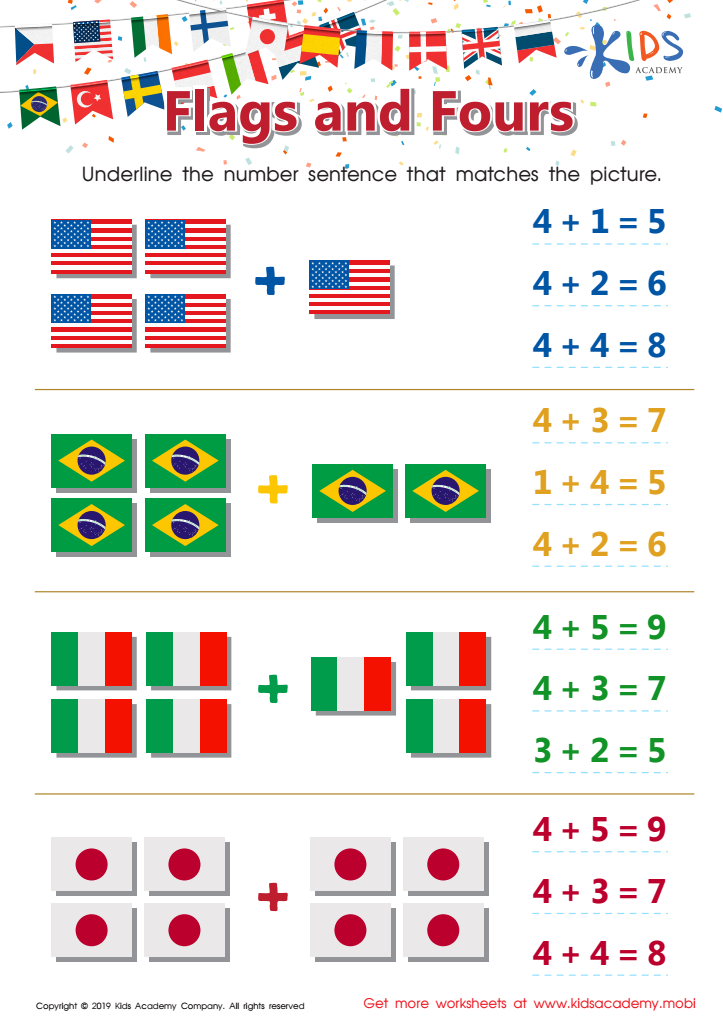

Flags and Fours Worksheet
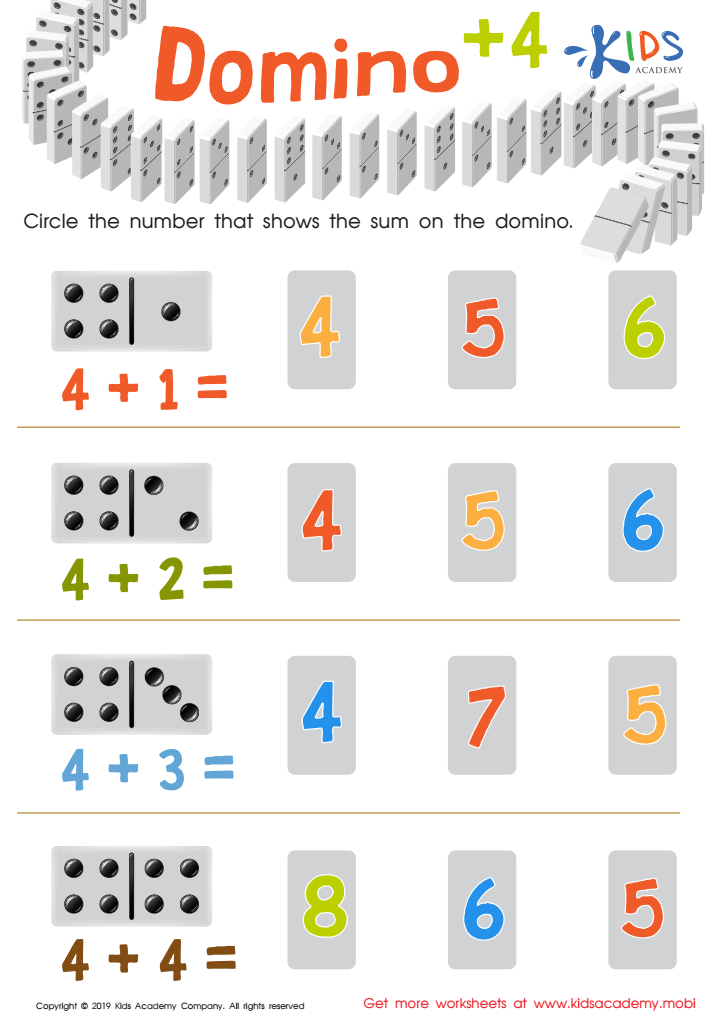

Domino +4 Worksheet
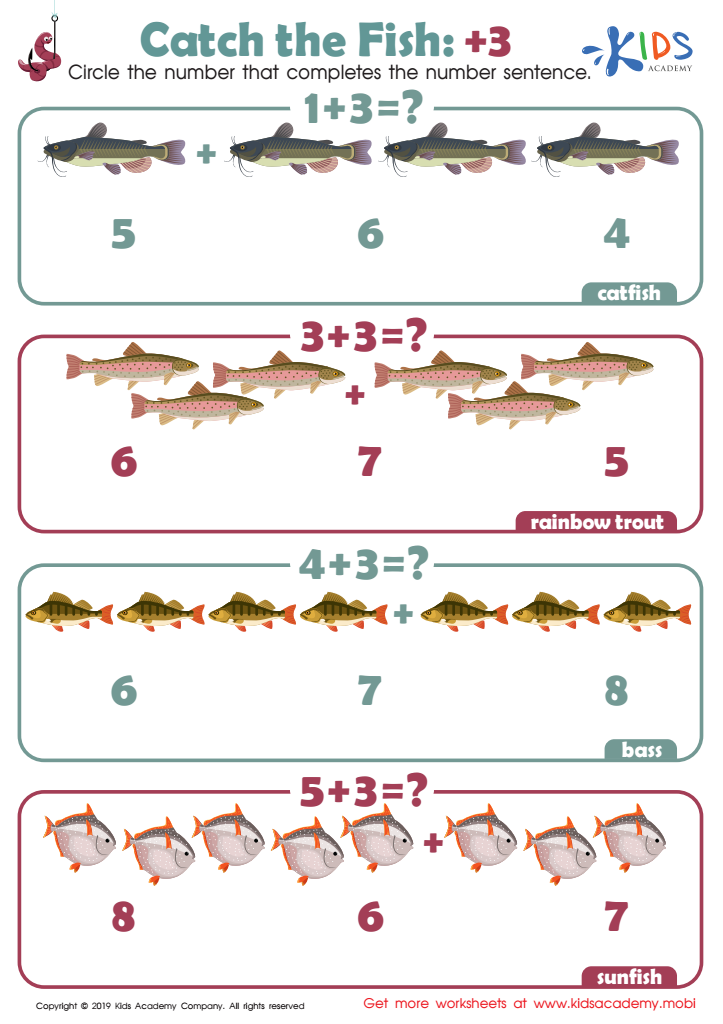

Catch the Fish: +3 Worksheet
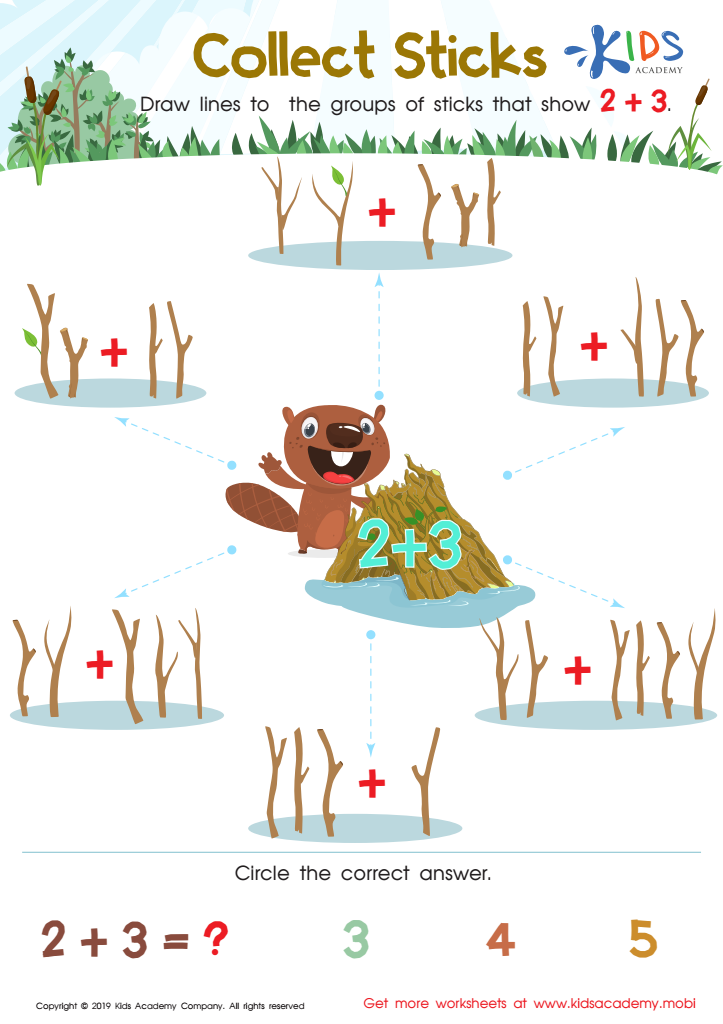

Collect Sticks Worksheet
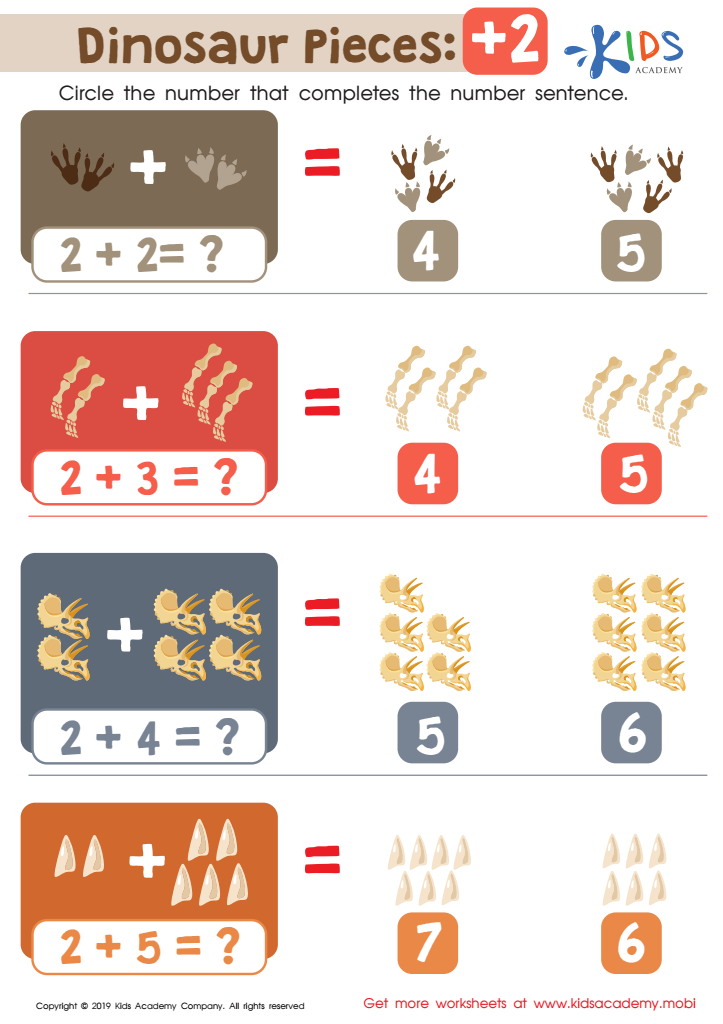

Dinosaur Pieces: +2 Worksheet


Tricky Problems Worksheet: Part 2
Introducing young children to addition facts at ages 3-4 sets a solid foundation for their future mathematical understanding. During these formative years, their brains are highly receptive to new information and establishing early numeracy skills can greatly benefit their cognitive development. Familiarity with simple addition helps kids develop critical thinking and problem-solving skills. Additionally, early engagement with math concepts fosters a positive attitude toward the subject and can reduce math anxiety later in life.
Learning addition facts at an early age can be seamlessly integrated into play and everyday activities, making the process enjoyable and less intimidating. For example, counting toys, adding objects, and interactive games make learning fun and memorable. This early exposure improves memory retention and helps children see math as a part of their daily life.
Educators and parents play a crucial role in nurturing this early interest. Providing age-appropriate, hands-on experiences and encouragement helps children develop confidence in their abilities. A strong mathematical foundation not only prepares children for more complex math concepts in school but also supports their overall academic success. In summary, caring about addition facts for young children encourages a lifelong positive relationship with math, ultimately supporting their educational and personal growth.
 Assign to My Students
Assign to My Students
